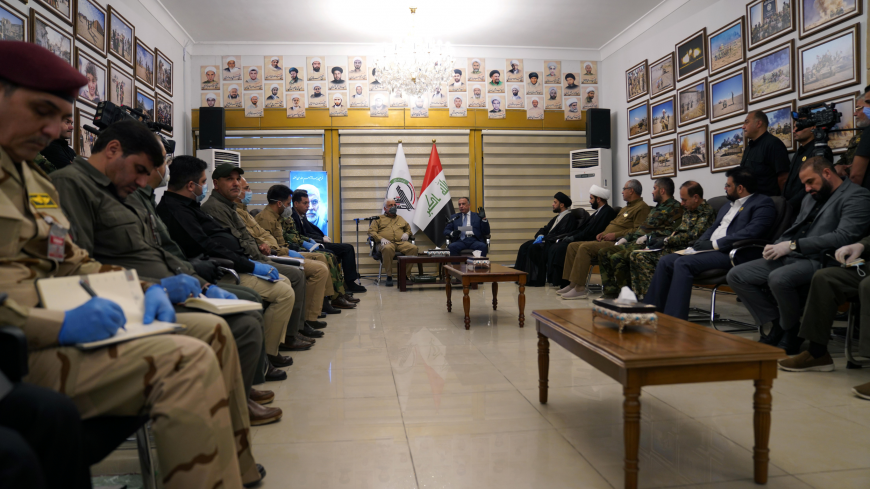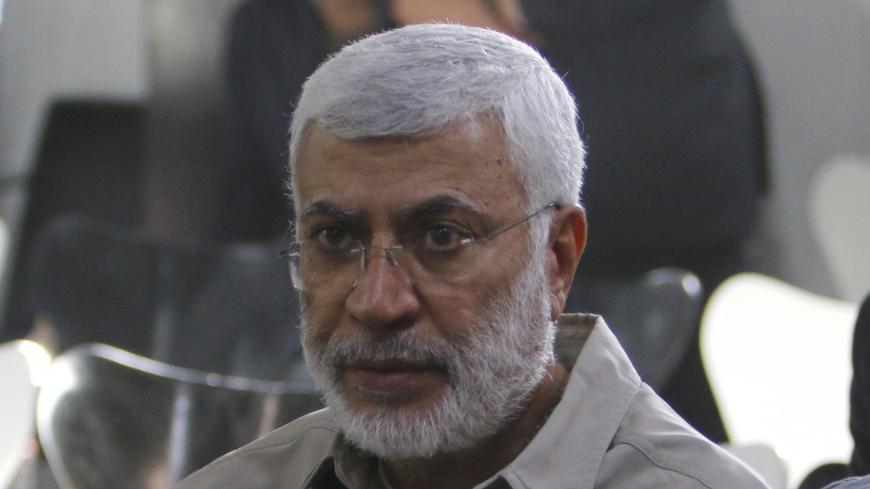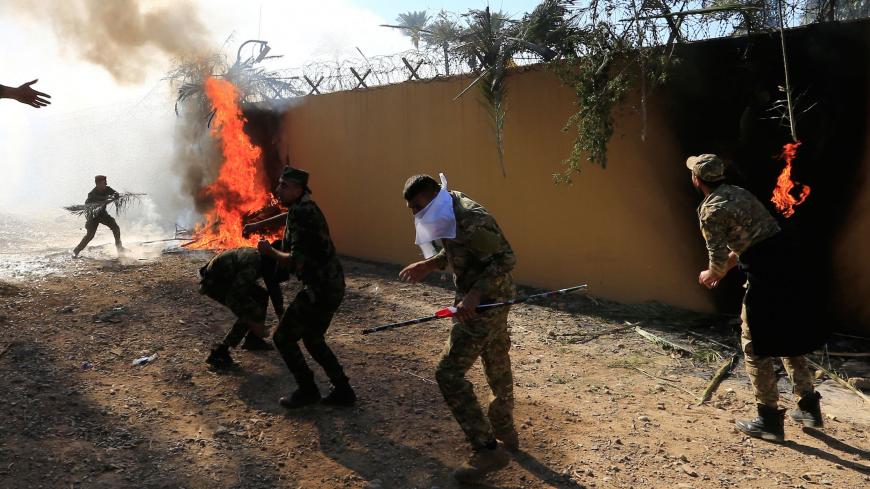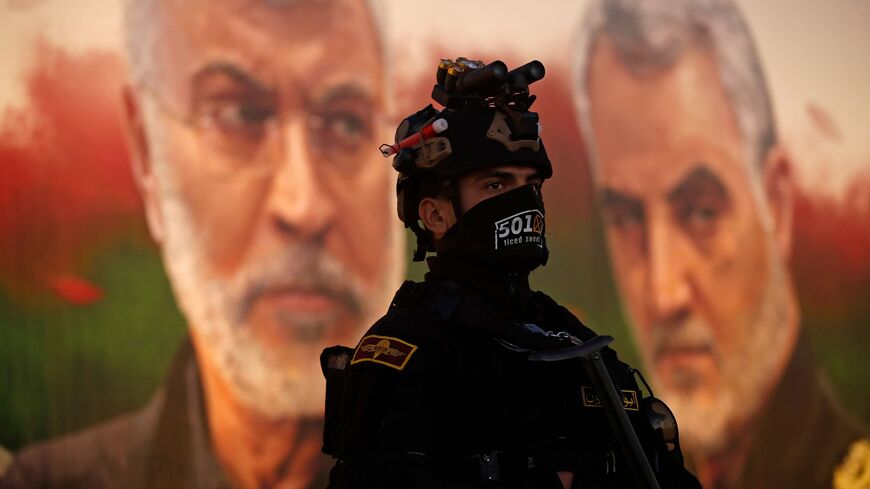Is Iran expanding its influence in Iraq?
Iran seems to have further expanded its influence in the Iraqi government; Tehran still, however, faces challenges in Iraqi governmental bodies that have remained independent of Iran.

Well-known Iranian activist and journalist Roohollah Zam was captured Oct. 14 in Iraq and deported to Iran. The details surrounding his arrest and deportation have raised questions about the magnitude of Iran’s influence in Iraq.
BBC Persian, Saudi-funded Alarabiya and many other Persian and Arabic media outlets reported that Zam had been captured by the Iraqi National Intelligence Service on an arriving flight from France at the Baghdad airport and immediately handed to Iranian agents, who sent him to Tehran the same day. Both the Iranian and Iraqi governments have remained silent about the reports, neither confirming or denying them.






